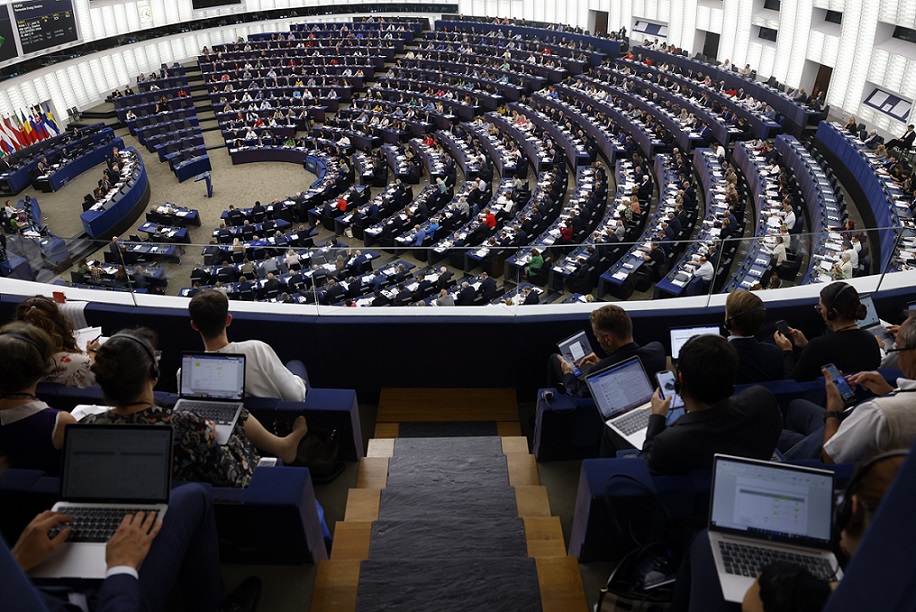Member states of the European Union have revived the debate on whether to introduce majority voting on some issues of foreign or security policy instead of the current need for the unanimous consent of all members.
Several ministers responsible for European affairs made it clear at the meeting in Brussels that, for example, the new system would simplify the acceptance of sanctions. However, Hungary and some other countries have consistently refused to support such an amendment to the rules, the introduction of which still requires unanimous consent.
The ministers dealt with the topic following a year-long public debate called the Conference on the Future of Europe. Initiatives for some changes in the functioning of the EU emerged from the citizens of the EU countries during the conference. While the European Parliament is pushing for the 27 countries to seek changes to its founding treaties based on the debate, the member countries are more restrained. They are instead dealing with the question of whether to use the option established in the current treaties, which would allow switching to majority voting in certain cases.
“We should take more decisions by qualified majority and limit the possibilities of using the right of veto,” German Minister of State Anna Lührmann told reporters.
Her country, like several other countries, mainly from Western or Northern Europe, has been calling for the introduction of majority voting for a long time, which also has the support of MEPs and the European Commission. In recent months, especially in connection with the adoption of anti-Russian sanctions, which Hungary has repeatedly blocked, support for the repeal of the veto has been growing from other countries, such as Spain.
The countries of the eastern wing of the EU, including the Czech Republic and Austria are, however, not in favor of abandoning the principle of unanimity. Hungary has been the most prominent opponent of this idea.
“When we are at the negotiating table, we should take the fundamental interests of all countries into account,” said Hungarian Justice Minister Judit Varga. So far, the states have not even agreed on convening a convention that, at the request of MEPs and the European Commission, would deal with possible changes to the basic treaties. According to the Czech Minister for European Affairs Mikuláš Bek, it is unlikely that this would happen during the Czech presidency of the Council of the EU, which will last until the end of this year.





